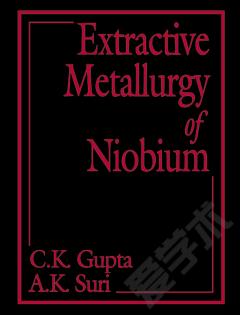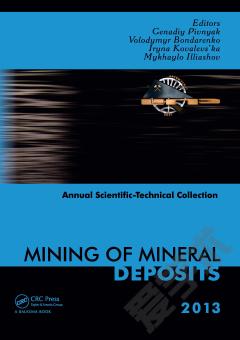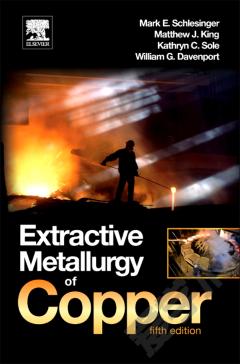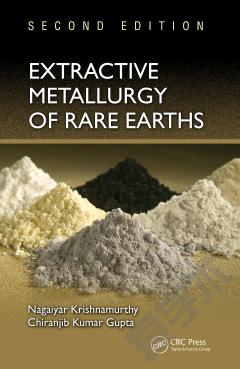Extractive Metallurgy of Activated Minerals
Mechanical activation of solids is a part of mechanochemistry, the science with a sound theoretical foundation exhibiting a wide range of potential application. Mechanical activation itself is an innovative procedure where an improvement in technological processes can be attained via a combination of new surface area and defects formation in minerals. Mechanical activation is of exceptional importance in extractive metallurgy and mineral processing and this area forms the topic of this book and is the result of more than twenty years of research and graduate teaching in the field. In pyrometallurgy, the mechanical activation of minerals makes it possible to reduce their decomposition temperatures or causes such a degree of disordering that the thermal activation may be omitted entirely. The potential mitigation of environmental pollutants is becoming increasingly important in this context. The lowering of reaction temperatures, the increase of the rate and amount of solubility, preparation of water soluble compounds, the necessity for simpler and less expensive reactors and shorter reaction times are some of the advantages of mechanical activation in hydrometallurgy.
{{comment.content}}








 京公网安备 11010802027623号
京公网安备 11010802027623号